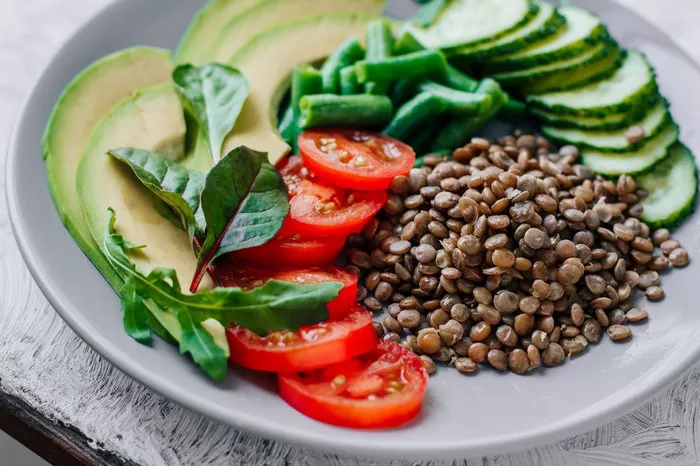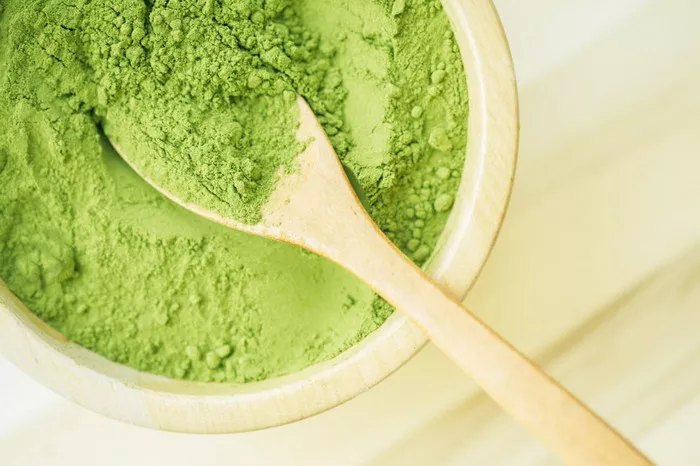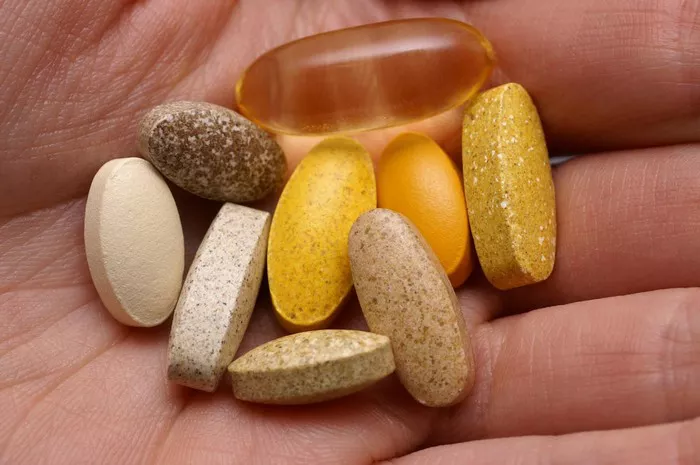Protein is often touted as a vital nutrient for weight loss, and for good reason. Its unique properties can aid in shedding unwanted pounds and achieving a healthier body composition. In this comprehensive guide, we will delve into the science behind protein’s role in weight loss, explore different sources of protein, and provide practical tips for incorporating protein into your diet effectively.
Increased Satiety
One of the key mechanisms by which protein aids in weight loss is its ability to increase feelings of fullness and reduce appetite. Unlike carbohydrates and fats, protein takes longer to digest, keeping you feeling satisfied for longer periods. Research has shown that high-protein meals can lead to reduced calorie intake throughout the day, making it easier to stick to a calorie-controlled diet and achieve weight loss goals.
Thermogenesis
Another advantage of protein for weight loss is its high thermic effect, meaning the body expends more energy (calories) to digest and metabolize protein compared to carbohydrates or fats. This phenomenon, known as the thermic effect of food (TEF), can boost metabolism and calorie expenditure, potentially enhancing weight loss efforts. By incorporating protein-rich foods into your meals and snacks, you can maximize the calorie-burning effect of your diet.
Muscle Preservation
Maintaining muscle mass is crucial during weight loss, as muscle tissue plays a key role in supporting a healthy metabolism. Unlike fat, muscle tissue is metabolically active, meaning it burns calories even at rest. Protein helps preserve lean muscle mass during periods of calorie restriction, preventing muscle loss and promoting fat loss instead. By consuming an adequate amount of protein, you can safeguard your metabolism and improve body composition during weight loss.
Types of Protein Sources
Animal-Based Protein
Animal-based protein sources are rich in essential amino acids and provide high-quality protein for muscle maintenance and repair. Lean meats such as chicken breast, turkey, and lean cuts of beef or pork are excellent sources of protein with relatively low fat content. Fish, such as salmon, tuna, and trout, are also high in protein and heart-healthy omega-3 fatty acids. Eggs and dairy products like yogurt, cheese, and milk are other convenient options for increasing protein intake.
Plant-Based Protein
Plant-based protein sources offer an array of health benefits and are suitable for vegetarians, vegans, and individuals with lactose intolerance or other dietary restrictions. Legumes such as beans, lentils, and chickpeas are rich in protein, fiber, and essential nutrients. Tofu, tempeh, and edamame are soy-based protein sources that provide all essential amino acids. Nuts, seeds, and certain grains like quinoa and amaranth also contribute to a plant-based protein-rich diet.
Protein Supplements
Protein supplements, such as whey protein, casein protein, or plant-based protein powders, can be a convenient option for increasing protein intake, especially for individuals with busy lifestyles or specific dietary needs. Whey protein, derived from milk, is rapidly absorbed and ideal for post-workout recovery. Casein protein digests more slowly and provides a sustained release of amino acids, making it suitable for prolonged periods without food. Plant-based protein powders, made from sources like pea, rice, or hemp, offer a vegan-friendly alternative to animal-based proteins.
Factors to Consider When Choosing Protein
Individual Dietary Needs and Preferences
When selecting protein sources for weight loss, it’s essential to consider individual dietary needs, preferences, and health goals. Whether you follow a omnivorous, vegetarian, or vegan diet, there are plenty of protein-rich options available to support your weight loss journey. Choose protein sources that align with your dietary restrictions and taste preferences to ensure long-term adherence to your nutrition plan.
Protein Quality
Protein quality refers to the amino acid composition and digestibility of a protein source. Complete proteins contain all nine essential amino acids required by the body, while incomplete proteins lack one or more essential amino acids. Animal-based proteins are typically complete proteins, providing all essential amino acids in optimal proportions. Plant-based proteins may be incomplete on their own but can be combined to form complete protein sources (e.g., beans and rice). Aim to include a variety of protein sources in your diet to ensure you receive all essential amino acids and maximize protein quality.
Additional Nutrients
In addition to protein content, consider the overall nutrient profile of protein sources when making food choices. Opt for lean cuts of meat, poultry, or fish to minimize saturated fat intake and prioritize heart-healthy omega-3 fatty acids. Choose whole food sources of protein, such as beans, lentils, and nuts, to benefit from fiber, vitamins, and minerals that support overall health and well-being.
Practical Tips for Incorporating Protein
Meal Planning and Preparation
Plan ahead and prepare protein-rich meals and snacks to support your weight loss goals. Incorporate protein into each meal to promote satiety and prevent overeating. Include lean proteins, vegetables, and whole grains in your meals to create balanced and satisfying dishes. Batch cook proteins like chicken, tofu, or beans to have on hand for quick and convenient meals throughout the week.
High-Protein Recipes
Experiment with delicious and nutritious recipes featuring various protein sources to keep your meals exciting and enjoyable. Try grilled salmon with roasted vegetables, tofu stir-fry with brown rice, or black bean tacos with avocado and salsa. Incorporate protein-rich ingredients into smoothies, salads, soups, and snacks to boost protein intake and support weight loss efforts.
In conclusion, protein is an essential nutrient for weight loss, offering numerous benefits such as increased satiety, enhanced thermogenesis, and muscle preservation. By choosing a variety of protein-rich foods that align with your dietary preferences and needs, you can optimize your nutrition plan for successful and sustainable weight loss. Whether you prefer animal-based proteins, plant-based proteins, or protein supplements, there are plenty of options available to support your health and fitness goals. Incorporate protein into your meals and snacks, experiment with new recipes, and stay consistent with your nutrition plan to achieve long-term success on your weight loss journey.
[inline_related_posts title=”You Might Be Interested In” title_align=”left” style=”list” number=”6″ align=”none” ids=”6923,6920,6850″ by=”categories” orderby=”rand” order=”DESC” hide_thumb=”no” thumb_right=”no” views=”no” date=”yes” grid_columns=”2″ post_type=”” tax=””]
































